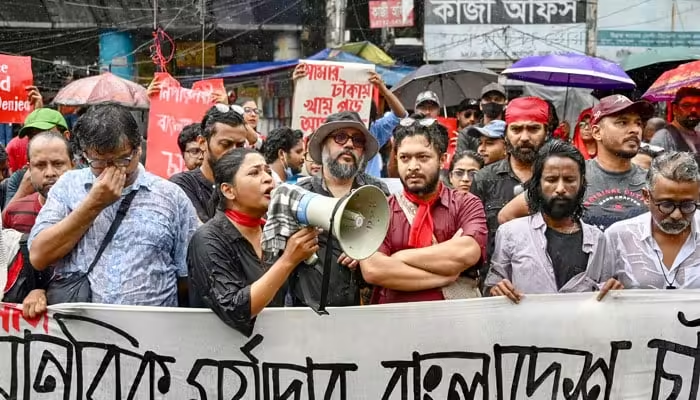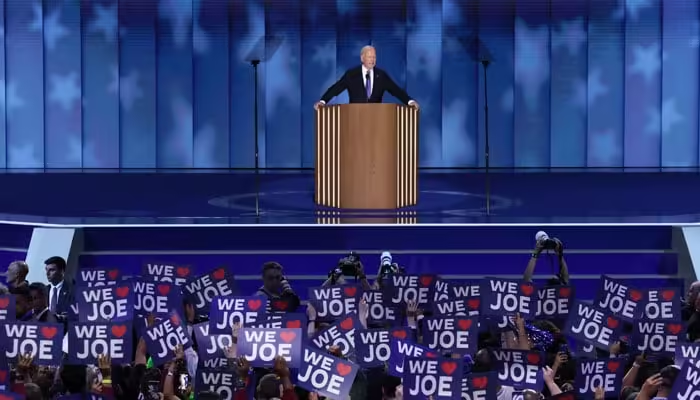On August 1, 2024, the Bangladesh government imposed a ban on the right-wing Jamaat-e-Islami party, its student wing Islami Chhatra Shibir, and other associated organizations under the country’s anti-terrorism law. The immediate effect of the ban was confirmed through a gazette notification issued by the Home Ministry.
This drastic measure follows a series of intense student protests that have rocked the South Asian nation since last month. These demonstrations, initially sparked by grievances over job quotas, have resulted in at least 150 deaths, according to government figures, with some local sources estimating the number to be over 200. The protests, which began in universities and colleges, have escalated into widespread violence, prompting the government to deploy the army and impose a nationwide curfew.
The ban on Jamaat-e-Islami has been heavily criticized by the party itself, which has denounced the move as “unconstitutional and illegal.” The Jamaat-e-Islami leadership, including its chief Shafiqur Rahman, has accused Prime Minister Sheikh Hasina’s government of using state machinery to unfairly target opposition parties. The party argues that the government’s claims of their involvement in instigating violence are part of a broader “blame game” aimed at undermining opposition voices.
The root of the unrest can be traced to economic frustrations, particularly stagnant job growth in the private sector and high youth unemployment rates. These economic issues have made government jobs increasingly attractive, exacerbating the frustrations of young people. The Supreme Court’s recent decision to scrap most job quotas, which was initially seen as a victory for quota reform advocates, has not quelled the unrest. Instead, it appears to have intensified the dissatisfaction among those who feel left out of the job market.
The government’s response has included shutting down the internet and employing harsh tactics such as firing rubber bullets, tear gas, and sound grenades to disperse protesters. These actions have led to thousands of injuries and a widespread criticism from international bodies. The United Nations, along with global rights groups and countries like the United States and Britain, have condemned the excessive use of force and called for the protection of peaceful protest rights.
Prime Minister Sheikh Hasina, who has been in power since 2009, is facing her most significant challenge yet. Her administration’s response to the protests and subsequent violence has drawn criticism for its increasingly autocratic tendencies. Rights organizations have accused Hasina’s government of engaging in extrajudicial killings, forced disappearances, and political repression, charges which the government denies.
In light of these developments, the Students Against Discrimination group, which had agreed to end its agitation after the Supreme Court’s ruling, announced plans to march to protest against the recent deaths, arrests, and acts of intimidation. With nearly 10,000 people arrested over the past two weeks, the group is also calling for a United Nations investigation into the violence.
In response to the ongoing situation, Anisul Huq, the Minister for Law, Justice, and Parliamentary Affairs, has stated that the government is setting up a judicial inquiry to thoroughly investigate the incidents. Despite this, the government’s actions and the escalating violence have put significant strain on the country’s political stability and its international relations.
Overall, the situation in Bangladesh highlights the complex interplay between political repression, economic dissatisfaction, and the struggle for democratic rights, casting a shadow over the country’s future as it navigates through these turbulent times.



